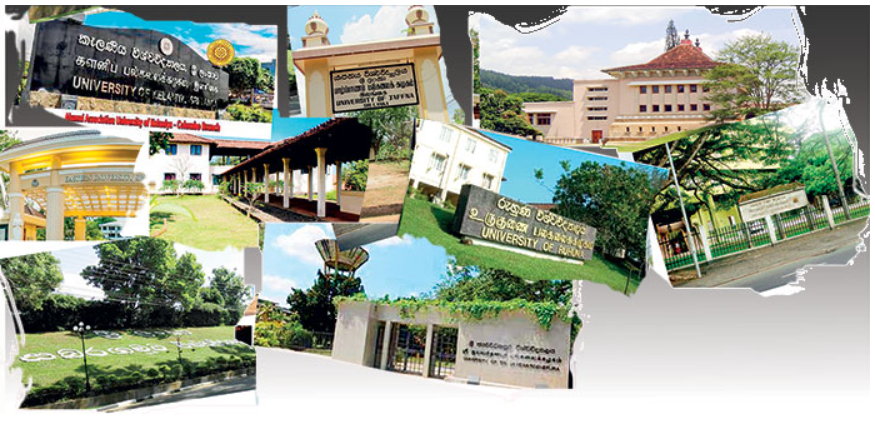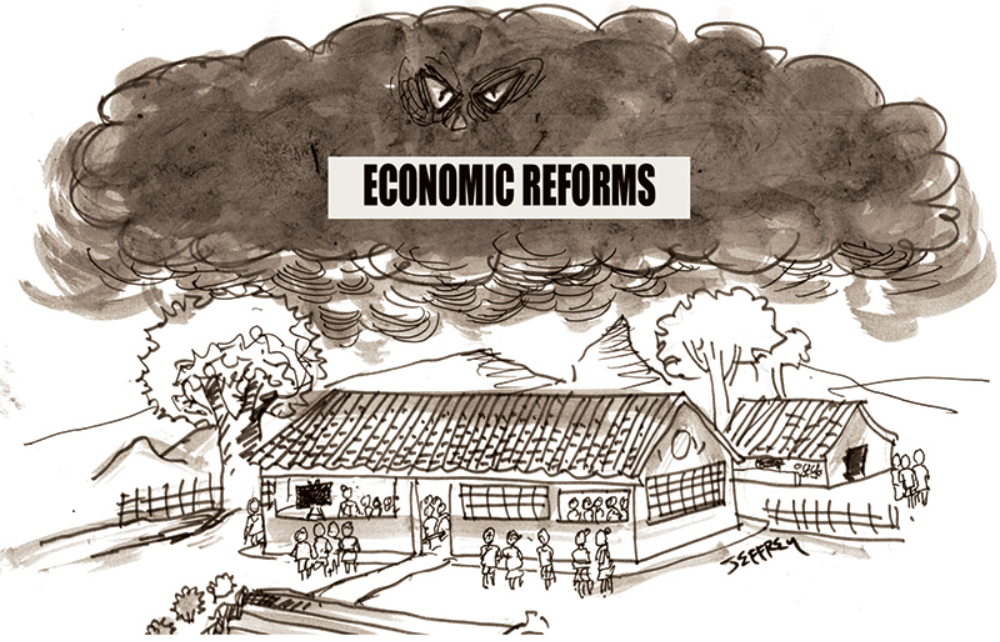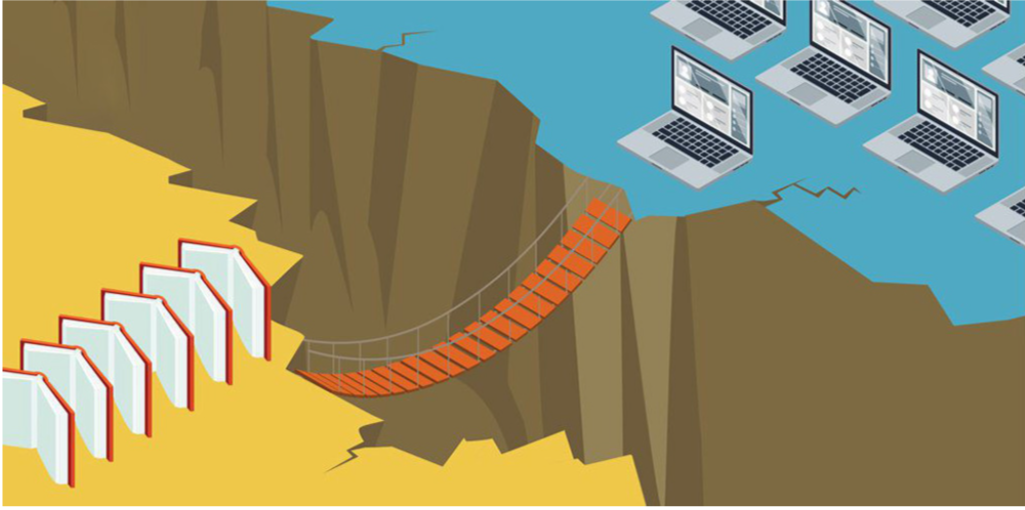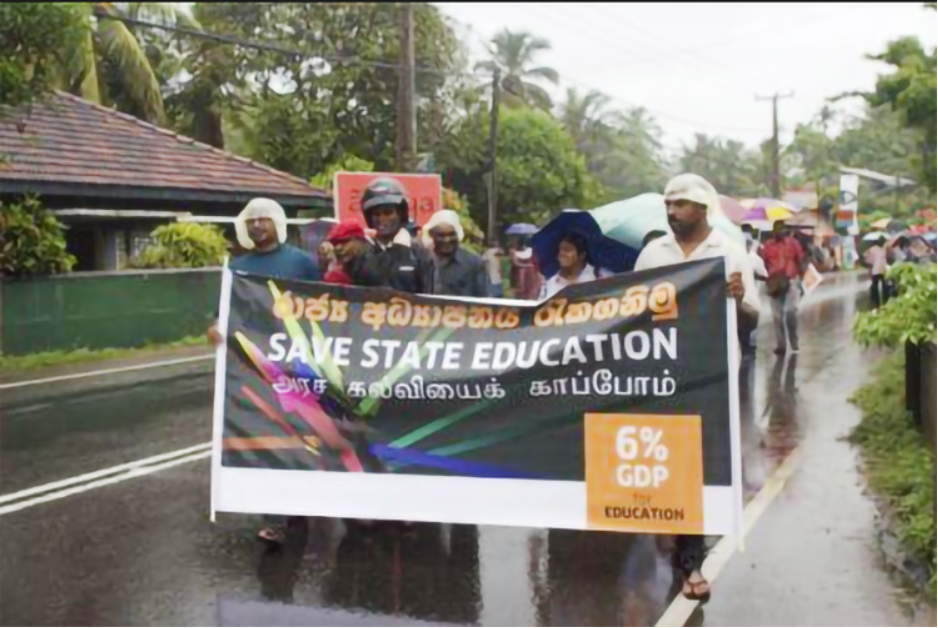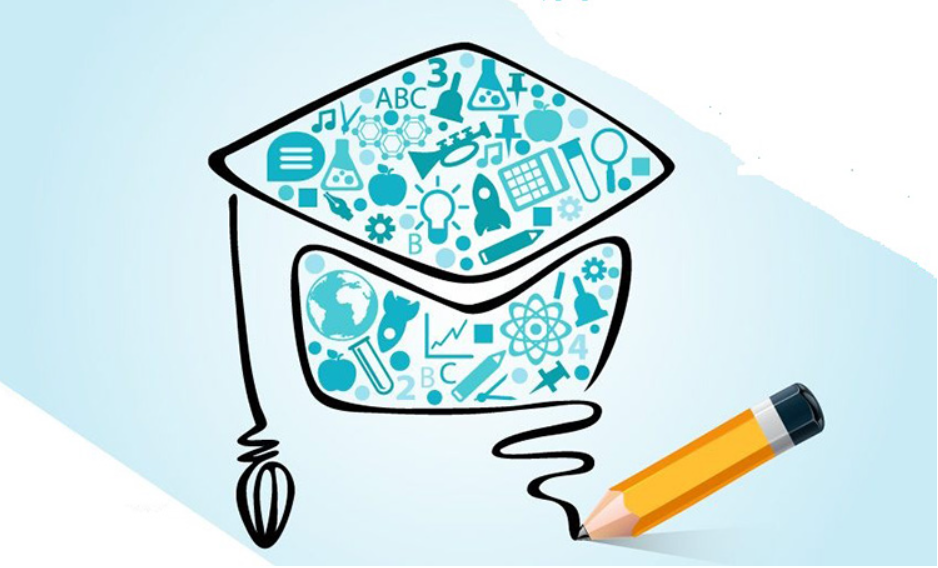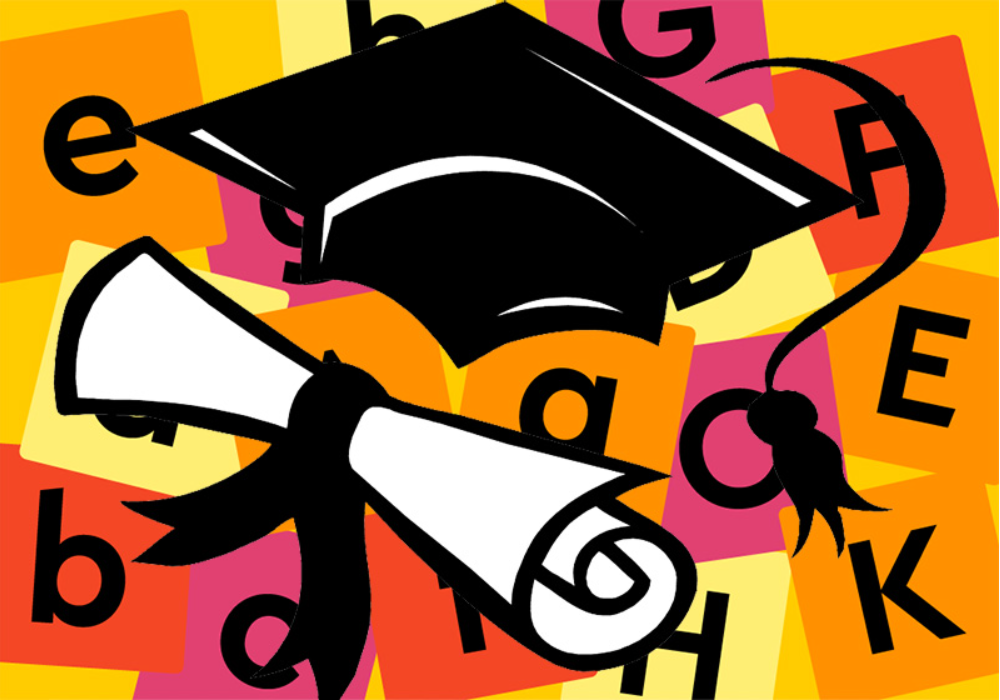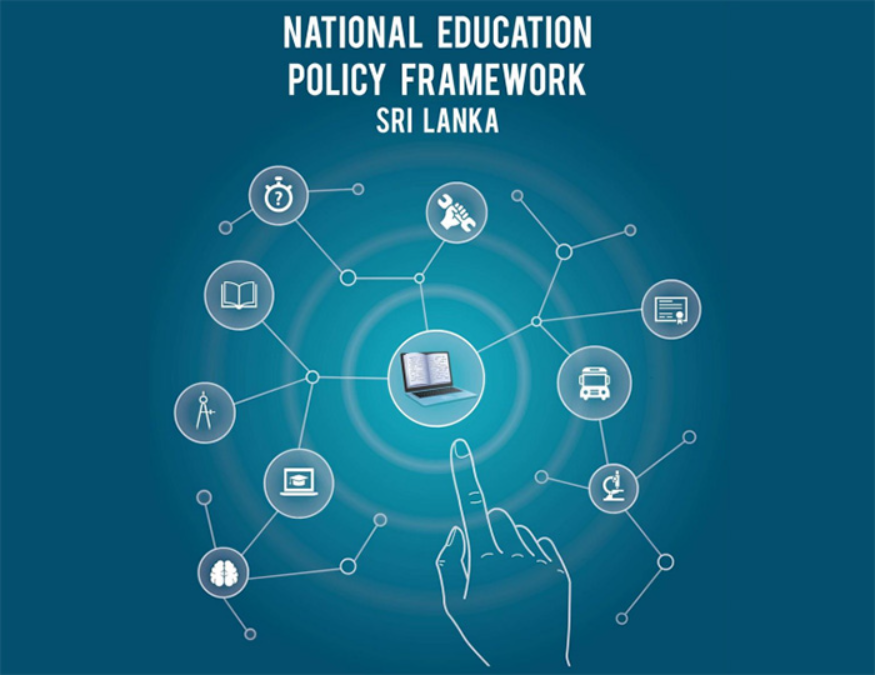State but not public universities, private but not universities: What do we have in Sri Lanka?
Panduka Karunanayake’s article “Education’s ‘Three E’s’ and the McUniversities: Some Heretical Thoughts” published in the University of Colombo Review (2021, volume 2 issue 1) swiftly traces the emergence of ‘McUniversities’, where the goal of educating has been changed to be more ‘efficient’, using the Weberian concept of instrumental rationality. This model might increase efficiency, but only at the cost of some important principles. In other (my) words, what seems to matter more, is that a student may graduate sooner, with a sellable qualification but the question of whether he/she has acquired any moral or socio-political values at university becomes immaterial.
